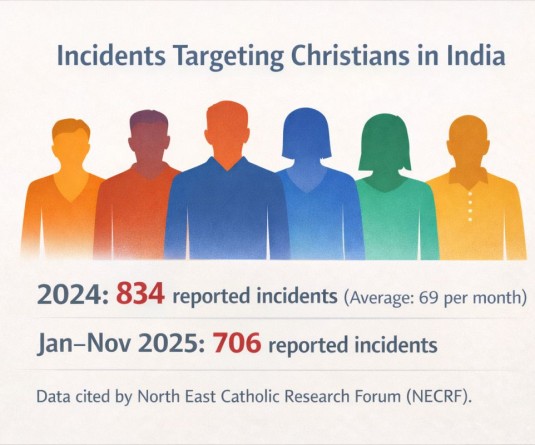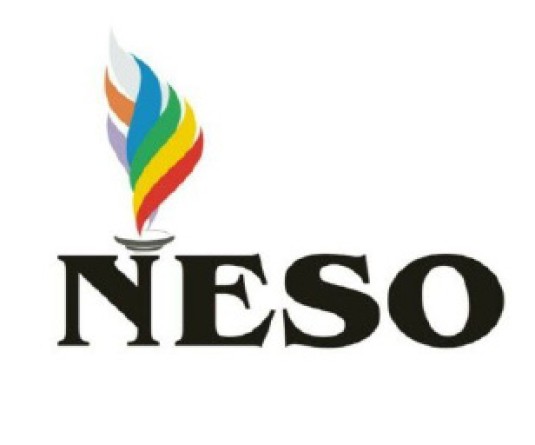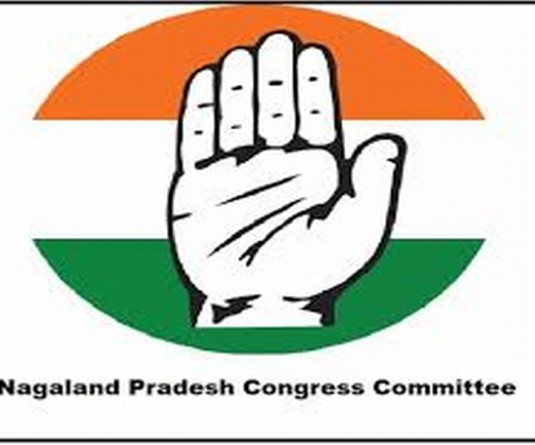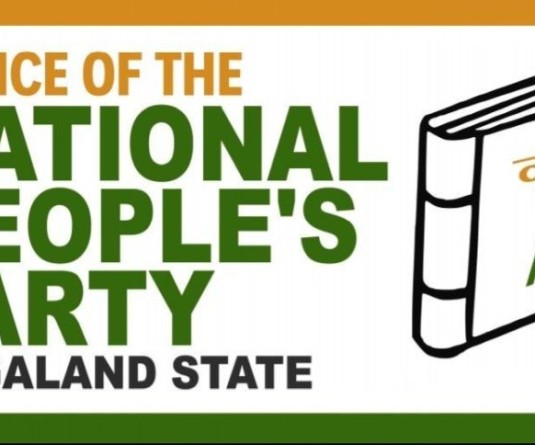Participants during the workshop held at the Tourist Lodge, Dimapur on June 12.

Dimapur, June 15 (MExN): Sisterhood Network in collaboration with International Indigenous Women Forum (FIMI) organised a Collective Learning Convention on the Elimination of Discrimination Against Women (CEDAW) and General Recommendation No.39 (GR 39) at the Tourist Lodge, Dimapur on June 12. The workshop aimed to build awareness and understanding on the rights of Indigenous women and girls.
A press release received here stated that the workshop facilitator was Renemsongla Ozukum and moderated by C Pihola Sangtam, Program Coordinator of Sisterhood Network (SN). Participants of the workshop included members of SN, Nagaland State Commission for Women, Women Police, representatives from the Church, District Hub for Empowerment of Women, Social Workers and Research Scholars.
Ozukum's presentation emphasised the CEDAW Committee's efforts in promoting women's rights and the importance of National Women's Commissions and civil society organizations. The discussion focused on General Recommendation 39 (GR 39), highlighting the need for substantive equality and addressing classism, hierarchy, and inequality.
The major focus of the discussion was on ‘Substantive Equality’ a corrective measure of GR 39.Some key features of CEDAW GR 39 includes: Recognition of specific types of Discrimination, Emphasis on Self- Determination, Free, Prior, and Informed consent and Consultation and call for Access to justice.
Ozukum stressed the importance of women to be aware of their rights and to be specific about the discriminations they face. She highlighted the need to address classism and promote a more inclusive and equitable society, crucial for maintaining indigenous identity.
During the discourse one researcher expressed to “Promote a Holistic Justice framework where women have equal opportunity to participate in decision-making bodies and peace building initiatives”. Representatives from Nagaland State Commission for Women also opined on safeguarding Indigenous Dialect, Land Rights and Property Justice for Women, Reform of Customary Laws to Address Gender Discrimination, Intellectual Property Rights for Traditional Designs and patenting them.
Azungla James, Director of SN revealed alarming trends in gender-based violence, emphasizing the need for policy implementation against sexual harassment. A survey conducted in 2019 with 600 women showed a result of 62% of gender-based violence taking place in public places, 26% at home, 16% at educational institutions and 2% at work places. Follow-up survey after five years with 202 participants showed a staggering shift with violence at home increasing to 57% and most of the violence are not reported to law agencies.
“This alarming trend has become a major threat for women’s safety, emphasizing that without proper data and concrete evidence, it is difficult to bring the harsh realities of women into light and work towards change. This data presentation resulted in an appeal to implement policy in all educational, religious and other institutions, organizations, and workplaces against sexual harassment for protection irrespective of gender,” Azungla stated.
The workshop concluded with a call to action from Azungla, emphasizing the need for continual support and interaction to bring about meaningful recommendations, ensuring that voices are heard on larger platforms. Witnessing the positive interactions during the discussion, she accentuated the importance of putting more focus on interactive dialogues, conversations, and seminars in driving progress. She noted that discussion about justice is easy to put in words, yet deliverance of justice becomes challenging.
She encouraged and motivated the participants to keep on spreading the awareness for justice against any forms of gender based violence. Appreciating the shared knowledge, wisdom and experiences from the cohort team of collective learning, she affirmed that these contributions will assist likeminded institutions and organizations to work more effectively towards gender justice.






